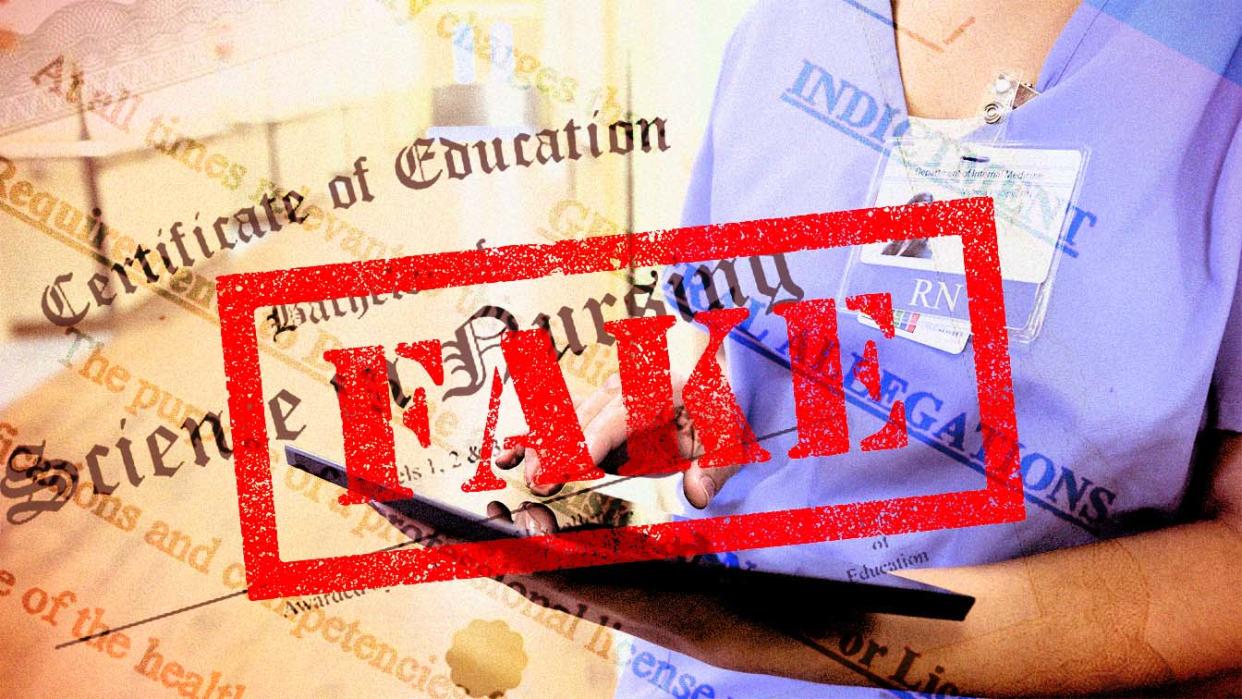Study: Toilet paper adds to ‘forever chemicals’ in wastewater
Scientists have identified a surprising new source of “forever chemicals” awash in global wastewater: the ubiquitous paper product dangling next to most of the planet’s toilets.
Toilet paper is the latest product that could be contaminating environments worldwide with cancer-linked per- and polyfluoroalkyl substances (PFAS), according to a study, published Wednesday in Environmental Science & Technology Letters.
Notorious for their presence in jet fuel firefighting foam and industrial discharge, these so-called forever chemicals are linked to a variety of illnesses, such as testicular and kidney cancers.
There are thousands of types of PFAS, many of which are also key ingredients in household items and cosmetics — and some of which end up flowing down the drain.
The study authors, who had recently investigated the presence of a major type of PFAS in biosolids, decided to continue their quest with toilet paper.
“We asked ourselves where is the chemical used, and one product is paper,” corresponding author Timothy Townsend, a professor of environmental engineering at the University of Florida, told The Hill in an email.
“Hence the look at toilet paper,” he said.
Paper production processes often include PFAS as additives during the wood-to-pulp conversion process, the authors explained.
These compounds are used as a wetting agent to boost the efficiency of the pulping process — making paper mills a known source of environmental contamination, according to the study.
Not only might standard toilet paper contain PFAS, but so too could rolls made from recycled paper — as they may be made with contaminated fibers, the authors found.
The researchers asked a volunteer network of students and professors to collect toilet paper sold in North, South and Central America, as well as in Africa and Western Europe. In addition, they evaluated sewage sludge samples from eight wastewater treatment plants in Florida.
They then extracted PFAS from both the paper particles and sludge solids and analyzed them for 34 different compounds, according to the study.
The main substances they detected were “diPAPs” — precursor compounds that can convert into other kinds of PFAS such as the potentially carcinogenic PFOA.
After combining their results with sewage data from other studies and accounting for per capita toilet paper usage, the scientists observed that toilet paper was responsible for about 4 percent of the most common type of diPAP in U.S. and Canadian sewage.
But in Sweden and France, they saw this figure climb to 35 percent and 89 percent, respectively.
“Despite the fact that North Americans use more toilet paper than people living in many other countries, the calculated percentages suggest that most PFAS enter the U.S. wastewater systems from cosmetics, textiles, food packaging or other sources,” the authors stated.
The study, they concluded, identified toilet paper as a source of PFAS pollution in wastewater treatment systems — and a major source of contamination in certain places around the globe.
While the scientists evaluated both nonrecycled and recycled toilet paper, Townsend said they did not assess other alternatives, such as bamboo-based rolls. They determined, however, that diPAP concentration did not differ based on recycled content.
The authors expressed some optimism that consumer product choices and discard practices could ultimately help inform regulations aimed at curbing PFAS content in wastewater.
“This reduction in PFAS is critical, since wastewater effluent and sludge are commonly reused for irrigation and/or land application,” the scientists stated.
“Research has already shown that these two pathways pose a risk for human and environmental exposure to PFAS,” they added.
While Townsend said that his team’s goal was to better understand PFAS sources, he expressed hope that such research could help influence future policy.
“Decision makers will be better equipped to implement changes if we better understand the sources and fate of PFAS entering our wastewater treatment plants and landfills,” he said.
For the latest news, weather, sports, and streaming video, head to The Hill.









